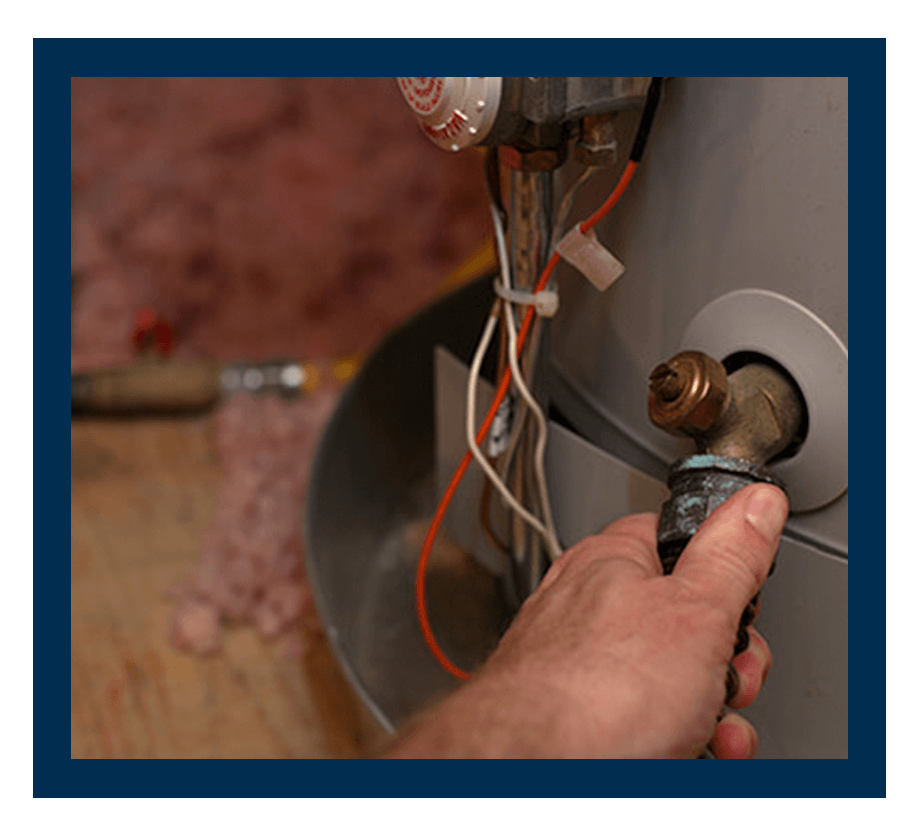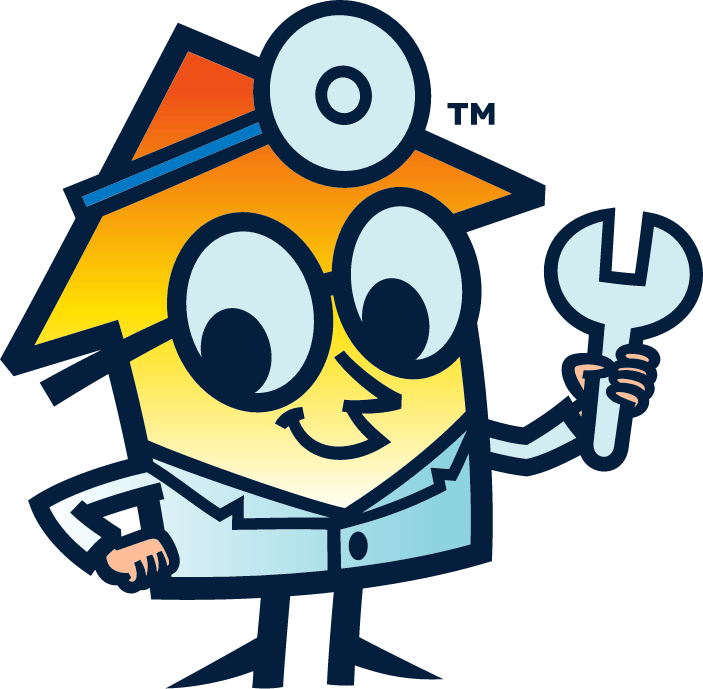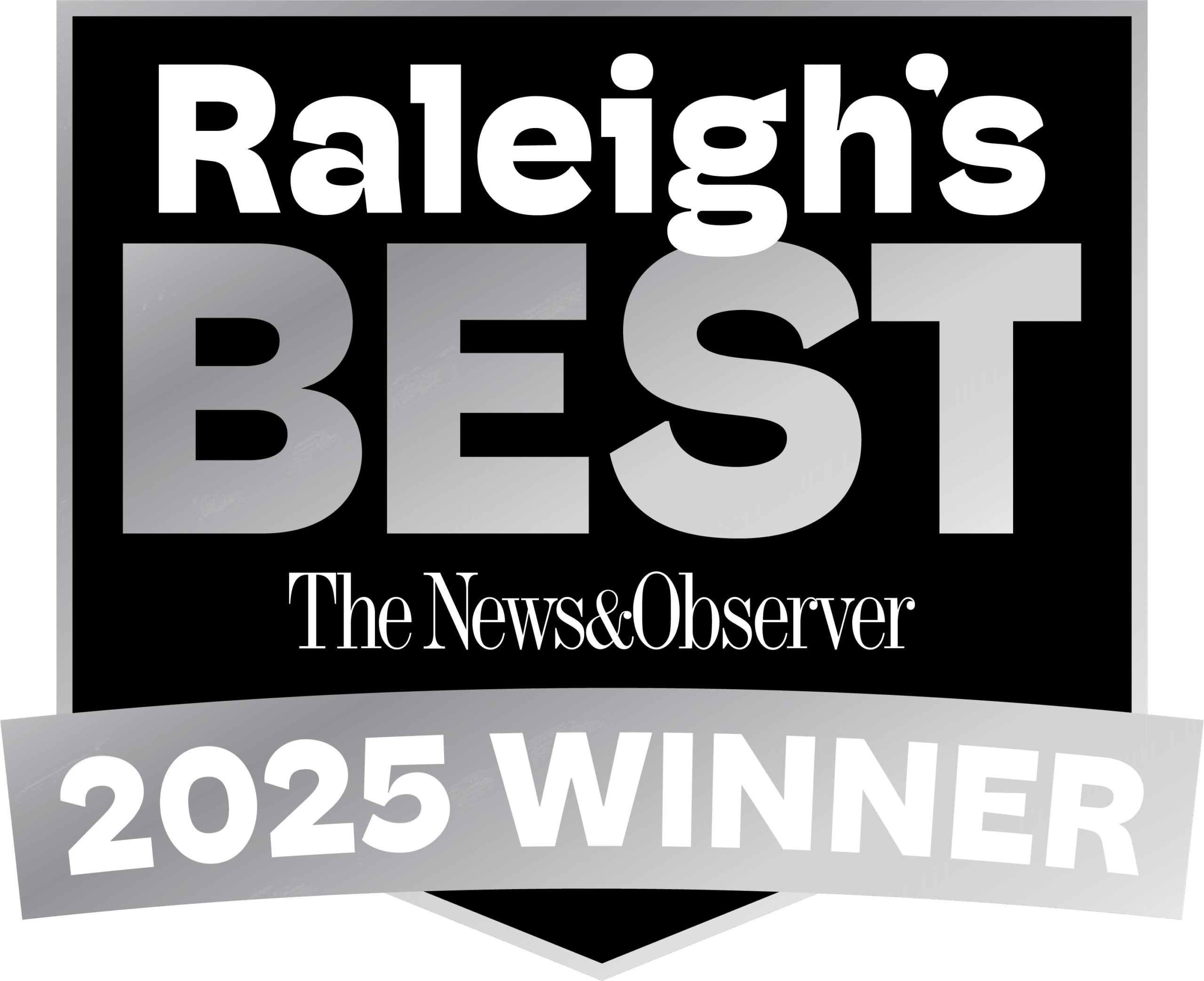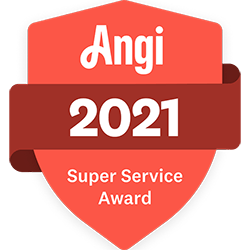Flexible Financing Options for Raleigh Homeowners
Thermo Direct has partnered with GoodLeap, Optimus, and Synchrony Financial to provide flexible financing options to our customers. You can apply for financing in minutes and receive fast approval for fair interest rates and convenient monthly payments tailored to your unique budgetary needs. Our customer financing is available for select products and services, so contact us with any questions you have about financing before you apply.
Areas We Serve Around Raleigh, NC
Thermo Direct proudly serves our customers here in Raleigh, NC, and the surrounding communities, including:
- Cary, NC: 27511
- Garner, NC: 27529
- Knightdale, NC: 27545
Schedule Electric Water Heater Service in Raleigh with Thermo Direct Today
Whether you’re dealing with no hot water, want to upgrade to an energy-efficient model, or need routine maintenance, Thermo Direct Heating, Cooling, Plumbing, and Electrical is the local expert you can trust. We’re happy to serve our customers here in Raleigh, NC, and beyond. To learn more about our electric water heater services or to schedule a service, contact us today!
Frequently Asked Questions
Should I repair or replace my electric water heater in Raleigh?
If your electric water heater in Raleigh is 10 to 15 years old or older and you’ve paid for frequent repairs, it’s probably best to replace it. However, if your water heater is less than 10 years old and only has rare, occasional issues, a repair is the better choice.
Why is my electric water heater not producing hot water?
Your electric water heater is likely not producing hot water due to one of several issues. A failed thermostat, tripped breaker, and failing heating element are the most common causes of an electric water heater failing to produce hot water.
What size electric water heater do I need for my Raleigh home?
The size of your electric water heater depends on several factors, including how many people live in your home, how many bathrooms you have, and your overall usage. Smaller homes and families may only need a 30- to 40-gallon tank, while larger families and homes may need a 50- to 80-gallon tank.










